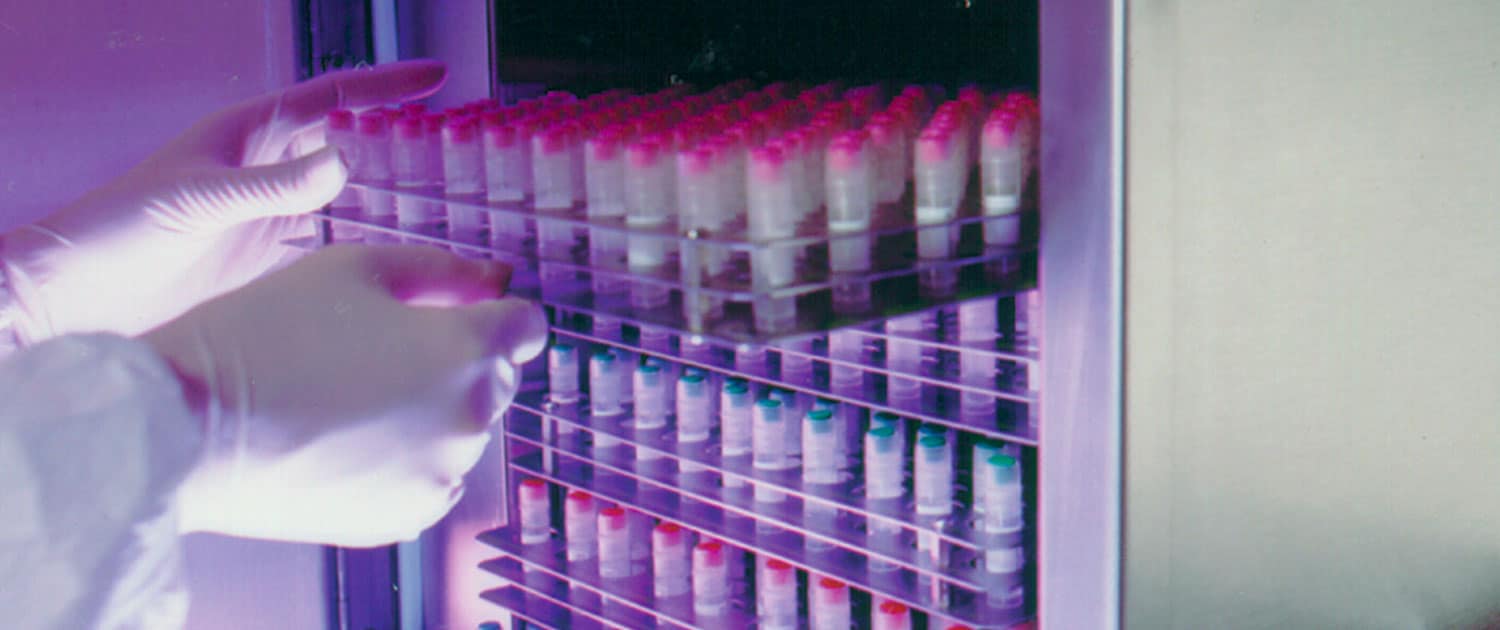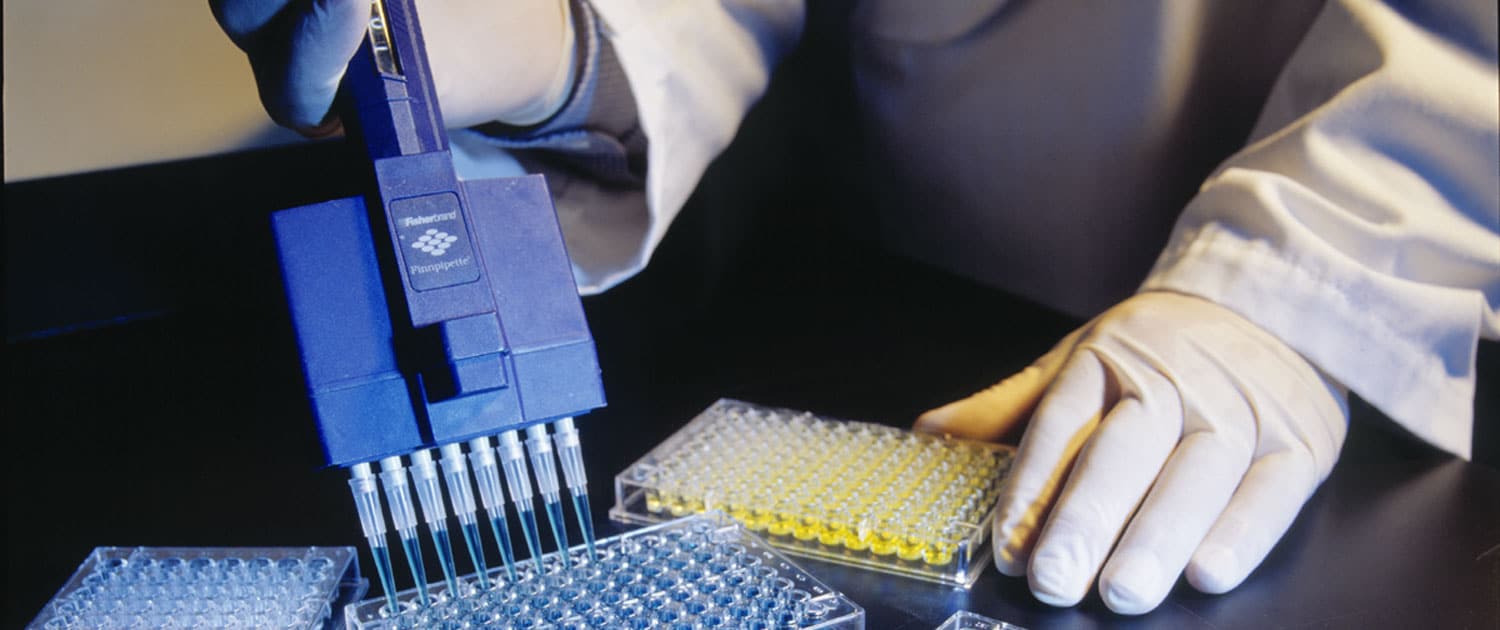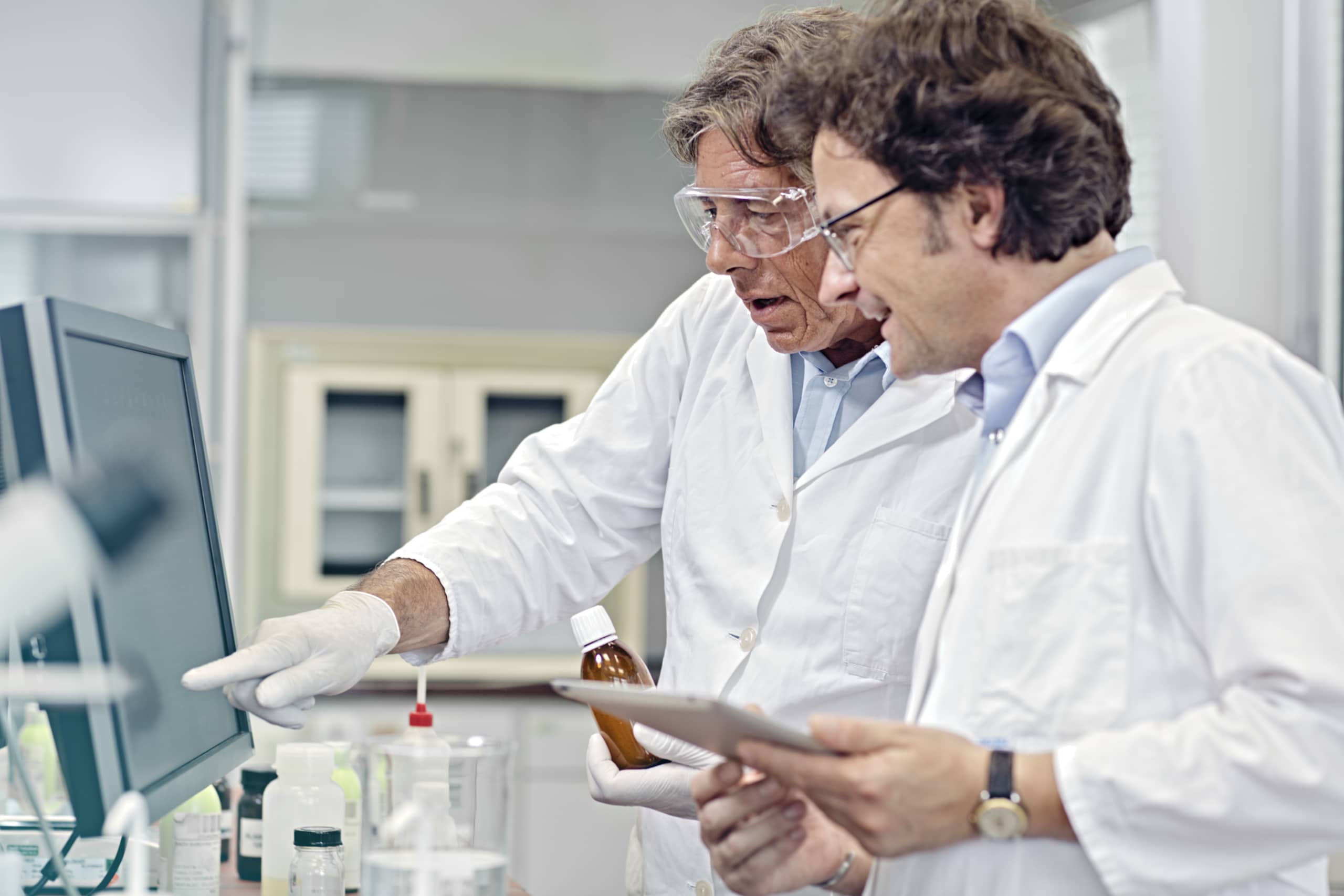The views and opinions expressed in this blog / article are those of the authors and do not necessarily reflect the official policy or position of any other agency, organization, employer or company. Merck KGaA, Darmstadt, Germany and its Affiliates shall not be liable for any errors, omissions or delays in the information, or damage arising from its display or use. All information is provided on an as-is basis.
Introduction
We follow up our Part 1 discussion of the impact of Covid-19 on bioprocessing, based on our recent White Paper that is also included in our research, (see www.bioplanassociates.com/17th). We interviewed major biopharmaceutical industry senior bioprocessing decision-makers, and bioprocessing suppliers in the US and Europe. The impact on emerging biopharma companies as well as smaller suppliers may actually be a small silver-lining for some, during this global, horrific event. The demand on the industry segment for capacity, support and services has trickled down from the largest suppliers to the mid-tier, and even smaller providers of equipment, services, diagnostics, reagents, devices and capacity. For those on the front lines of bioprocessing, our interviews report some of the key fears, and options for their resolution that may result in a future “new normal” for bioprocessing. Worsening shortage of single-use technologies and is a key fear that will require resolution. Already there are long wait times for many single-use supplies, and these will likely lengthen (for non-pandemic response-related projects).
Fig 2: Key Fears and Resolutions in Bioprocessing Post Covid-19

What came to the front include:
- “Shortage of SUS & other supplies” inability to obtain needed SUS (75% of users)
- “Prioritization will hurt.” [non-Covid-19 projects] prioritized activities pushing pandemic/ biodefense to front of the line.
- Real Shortages: Prioritization combined with worsening shortages (order lead/wait times) resulting problems w/equipment and CMO services
- Developers’ fears: shortages and prioritization – end-users need reassurance from their suppliers.
In the future, respondents, both biopharma company and suppliers, expect to see a different ‘new normal’. Changes include collaborations among stake-holders are likely to increase. Today, as the world works through this crisis, collaborations are seen as indispensable. This includes cross-company, cross-industry, with governments, and multi-nationally. There is a clear sense that we are all in this together, and that the current situation may be well be defining our relationships in the future. If any positive outcome results from this pandemic, it may be the recognition that working together is essential today, and this will likely carry out into the future. Many also foresee practical benefits, including improved public perceptions of the (bio)pharmaceutical industry.
Pandemic-related Trends
Some pandemic-related changes or trends with long term, strategic implications include:
Pandemic Related Trends: Big Picture
- Bioprocessing accelerating globally: By mid-May, more than 215 novel and repurposed Covid-19 therapies in the pipeline…investment, political interest
- Outsourcing: Use of CMOs accelerating both for pandemic-related projects, and lower priority projects. 70% believe outsourcing will accelerate long-term.
- Regionalization: More bioprocessing, more multi-site facilities internationally, more facilities to serve regional markets, including China; pandemic accelerating the trend toward supply chain and bioprocessing facilities’ diffusion worldwide.
- Supply chain security/strengthening: Emphasis on secure supplies, backup sources. Transparency in supply chains; coordination among suppliers and customer. Political and economic demand for supply chain security: APIs, raw ingredients, materials, plastics
…all being evaluated for in-shoring.
Conclusions
Even before the current Covid-19 pandemic all of these trends were evident. Based on our current research, we found changes being undertaken resulting from the pandemic that are impacting near-term industry dynamics. But the future-casting offered by industry executives presented some significant, long-term transformational changes that are likely to occur, as well.
- “More Collaborations” 70% of Suppliers expect to work more collaboratively with:
- Their customers
- Vendors
- Raw materials suppliers (including supply chain security and transparency)
- “More R&D”
- More investment









